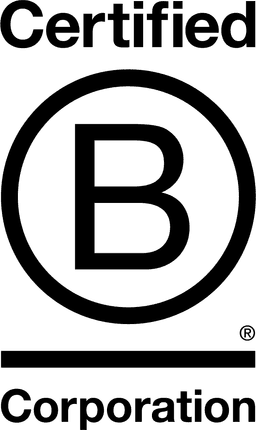

The Coconut Traveler LLC

1.6
Hawaii, United States
March 2022
Accommodation
Service with Minor Environmental Footprint
United States
Specializing in luxury travel in the Hawaiian Islands, The Coconut Traveler customizes bespoke journeys with meaningful outcomes. The company marries the high-end visitor with local, island-sensitive partners resulting in a niche experience. Their positive impact is two-fold: 1) through their partner vetting process and 2) Responsible Tourism Fee. Hawaiian, veteran, or minority owned partners who have an ethos, policy, or practice of supporting or financially contributing to volunteer organizations are prioritized. The Responsible Tourism Fee, a line item in every itinerary, is donated to volunteer organizations whose work mitigates the negative impacts of tourism on the destination. Their personally engaging itineraries are steeped in education, conservation, and transformation. They sensitize travelers to Hawaii’s unique culture and fragile ecosystem. Everyone at The Coconut Traveler lives in Hawaii and prides themselves on enriching not only guests, but the local community and environment.
Overall B Impact Score
Governance 19.0
Governance evaluates a company's overall mission, engagement around its social/environmental impact, ethics, and transparency. This section also evaluates the ability of a company to protect their mission and formally consider stakeholders in decision making through their corporate structure (e.g. benefit corporation) or corporate governing documents.
What is this? A company with an Impact Business Model is intentionally designed to create a specific positive outcome for one of its stakeholders - such as workers, community, environment, or customers.
Community 52.5
Community evaluates a company’s engagement with and impact on the communities in which it operates, hires from, and sources from. Topics include diversity, equity & inclusion, economic impact, civic engagement, charitable giving, and supply chain management. In addition, this section recognizes business models that are designed to address specific community-oriented problems, such as poverty alleviation through fair trade sourcing or distribution via microenterprises, producer cooperative models, locally focused economic development, and formal charitable giving commitments.
What is this? A company with an Impact Business Model is intentionally designed to create a specific positive outcome for one of its stakeholders - such as workers, community, environment, or customers.
Environment 12.5
Environment evaluates a company’s overall environmental management practices as well as its impact on the air, climate, water, land, and biodiversity. This includes the direct impact of a company’s operations and, when applicable its supply chain and distribution channels. This section also recognizes companies with environmentally innovative production processes and those that sell products or services that have a positive environmental impact. Some examples might include products and services that create renewable energy, reduce consumption or waste, conserve land or wildlife, provide less toxic alternatives to the market, or educate people about environmental problems.
Customers 13.1
Customers evaluates a company’s stewardship of its customers through the quality of its products and services, ethical marketing, data privacy and security, and feedback channels. In addition, this section recognizes products or services that are designed to address a particular social problem for or through its customers, such as health or educational products, arts & media products, serving underserved customers/clients, and services that improve the social impact of other businesses or organizations.
What is this? A company with an Impact Business Model is intentionally designed to create a specific positive outcome for one of its stakeholders - such as workers, community, environment, or customers.